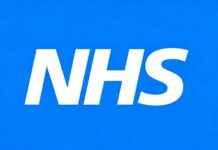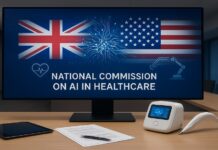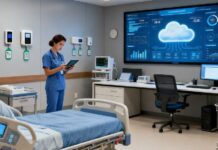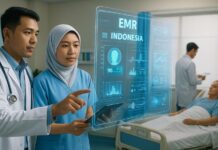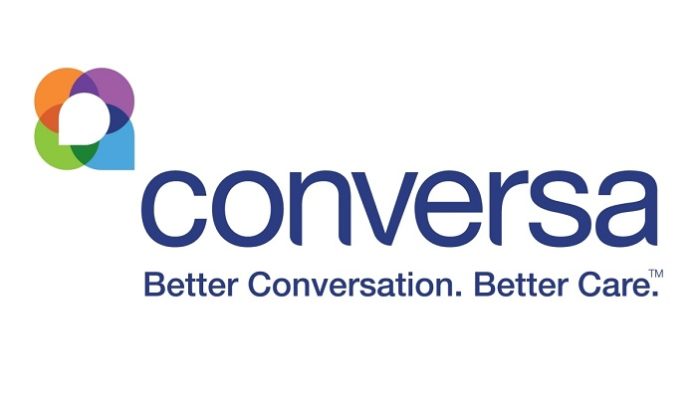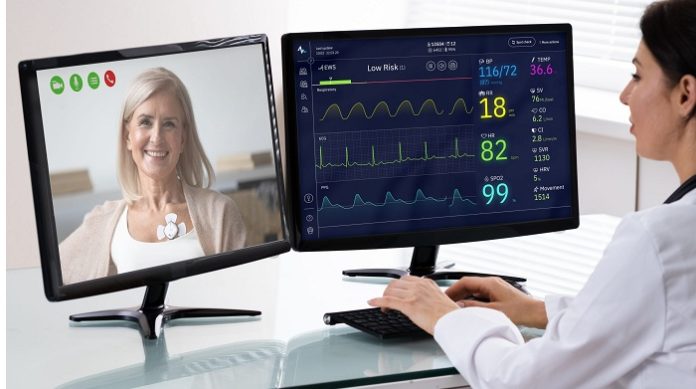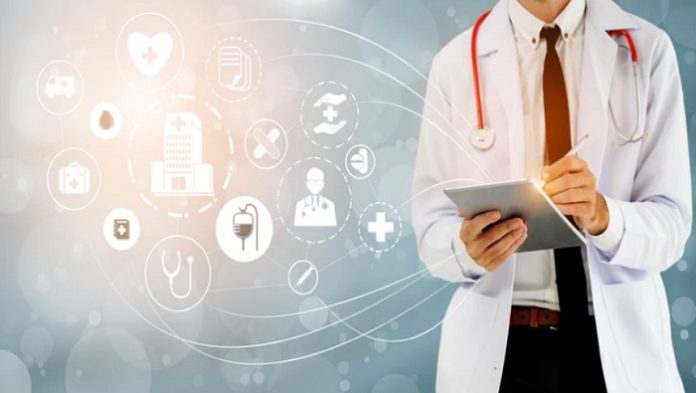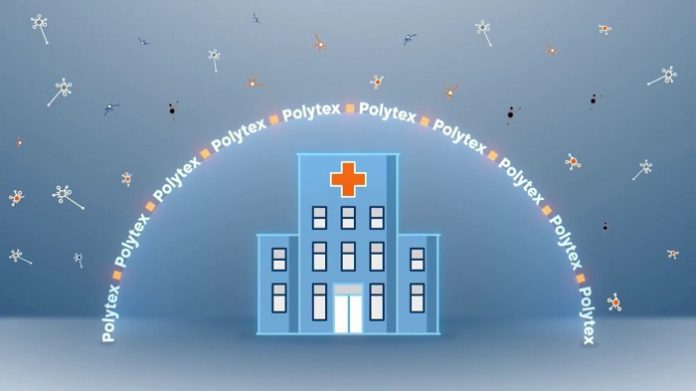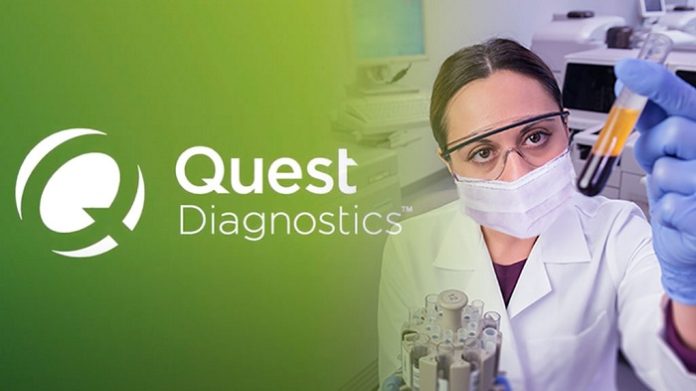Conversa Health, a leading virtual care and triage platform, has expanded its Series B financing to $20 million during a year in which the company experienced sixfold growth of its platform. With the closing of the Series B round, Conversa has raised a total of $34 million. The Series B round, first announced at $12 million in June, was co-led by Builders VC and Northwell Ventures, the corporate venture arm of Northwell Health, New York’s largest healthcare provider with 23 hospitals and 800 outpatient facilities.
“Northwell has been successfully using Conversa to scale our communications and patient engagement initiatives which include thousands of COVID-19 patients,” said Michael J. Dowling, President and CEO of Northwell Health. “Conversa has become a critical collaborator in achieving our vision for virtual health, helping Northwell to engage, monitor and manage patients more efficiently than ever before.”
Investing to catalyze the shift to digital first
The COVID-19 pandemic compressed years of virtual care tool adoption into months. Conversa was perfectly positioned to meet this need. Conversa’s Automated Virtual Care and Triage™ platform enables health systems to remotely monitor, analyze and communicate with patients and healthcare consumers at high frequency and scale—for chronic care, acute discharge, perioperative, oncology, OBGYN, prevention and wellness, and more. The platform automates care where possible, identifies at risk patients, and provides digital triage to higher levels of care for those patients – e.g. phone calls, telehealth, e-visits, scheduling in-person consults – when necessary.
In addition to co-leads Builders VC and Northwell Ventures, the investor syndicate includes UH Ventures, the venture arm of University Hospitals, an 18-hospital health system in Ohio; and venture capital firms P5 Health Ventures, Genesis Merchant Capital,, J-Ventures, Epic Ventures, StartUp Health, and Nassau Street Ventures.
“Conversa links providers’ EHRs and other patient data to best-of-breed interactive digital care pathways and clinical analytics engine to automate care management 24×7. This improves care plan adherence pre and post visit, reducing costs and generating better outcomes for patients,” said Mark Goldstein, Builders VC partner and Conversa board member. “Conversa’s enterprise platform and library of digital pathways are used by providers to care for patients across their populations, as opposed to one-off point solutions. It fills an enormous gap in the market.”
By automating remote management of vulnerable populations with Conversa, health systems gain significant clinical and operational benefits, including:
Improved patient satisfaction and engagement—97% of patients feel Conversa helps them manage their care and 87% feel better able to follow their care plan;
Lower total cost of care—hospital readmission rates 32% lower in patient cohorts using Conversa;
Increased revenue—over 70% reduction in procedure no show/cancellation rates; and
Enhanced care team coordination and productivity—82% of care team members using Conversa would recommend it to a colleague to help them deliver care.
Innovating with health systems
Innovative healthcare companies are partnering with Conversa to create a new care delivery model based on automated, evidence-based digital pathways. Conversa was one of the first digital health companies to develop a suite of COVID-19 Virtual Care Solutions, helping hospitals increase capacity by automating the outreach to and monitoring of vulnerable patient and employee populations. Northwell, UCSF Health and UNC Health were among the first health systems to adopt these solutions to educate patients about COVID-19, direct them to care when needed, deliver COVID-19 test results and provide daily quarantine check-ins.
Conversa and UCSF Health rapidly launched Conversa Employee HealthCheck last spring to enable UCSF to effectively and efficiently comply with a city of San Francisco mandate to screen all workers daily before entering their hospitals and clinics. Analyzing the data helps employers spot burgeoning hot spots and respond to potential workforce needs more quickly. Prisma Health in South Carolina and SCL Health in Colorado, as well as other employers, such as retailers and universities, also adopted Employee HealthCheck. Northwell recently began offering HealthCheck to employers and schools working to create and maintain a safe environment throughout New York.
Conversa integrates remote patient monitoring (RPM) and other devices to incorporate vital signs and biometrics into its automated digital pathways where needed. Seeking to care for lung transplant patients better at home to avoid exposure to coronavirus, UCSF integrated a Conversa chat program with a home spirometry kit to detect early signs of declining lung function.
Conversa has also extended its COVID-19 response to help with vaccine education, outreach, appointment scheduling and post-shot monitoring. Healthcare workers at UCHealth in Colorado have their vital signs monitored by a stick-on sensor, made by Conversa partner BioIntelliSense, starting two days before receiving their COVID-19 vaccinations and continuing for seven days after. Conversa collects temperature, respiratory rate and heart rate data from the BioButton and integrates the data with insights from a daily automated vaccination health conversation.
Accelerating the transformation of healthcare
Conversa will use the additional Series B funds to continue to scale its technology platform, expand its library of automated virtual care digital pathways, and fuel growth with new and existing customers. The new investment comes after a year that saw an acceleration of Conversa’s business and market recognition of its platform, including being named “Best Remote Diagnostics Company” for 2020 at the UCSF Digital Health Awards
“In the future, much of healthcare will be done remotely. Conversa’s automated platform helps care teams practice at the top of their license to deliver high-quality care at much lower cost. Our technology continually analyzes health data, using the resulting “signals” to navigate patients along personalized journeys down evidence-based pathways. This data plus behavioral science approach maximizes engagement and drives positive behaviors while reducing variability of care,” said Conversa CEO, Murray Brozinsky. “We’re honored to partner with our visionary customers and investors in our crusade to transform healthcare.”


